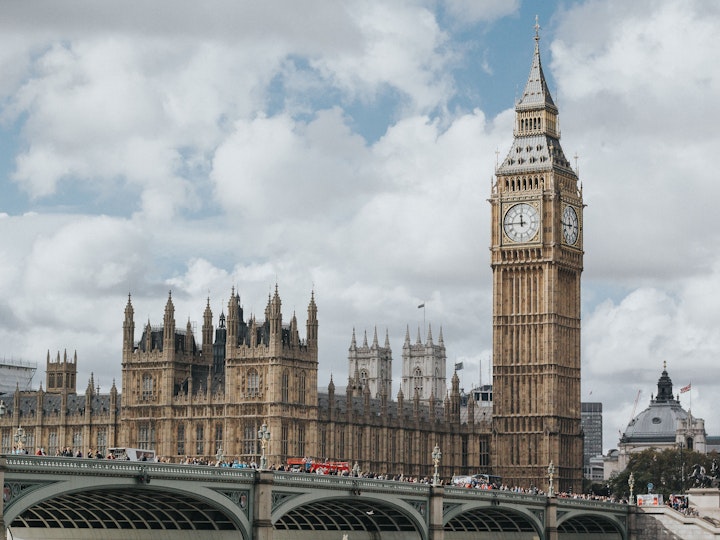Bullies at work – managing staff with dark traits
Sometimes, not everyone is treated equitably at work. Dr Holly Andrews discusses her research into bullying in the workplace and the connection to dark traits.

The jury is in for ex-deputy prime minister, Dominic Raab – he’s been a bit of a bully. An independent investigation into complaints made about his conduct has upheld some of the allegations of bullying against him.
How can a man, found to be a bully, rise to the number two position in government?
What is it about our society that encourages the success of those who bully others?
Organisational psychopaths
My own research into organisational psychopaths sheds some light: while not all bullies possess dark traits - the “dark triad” of psychopathy, narcissism and Machiavellianism is associated with increased incidence of bullying in organisations, and may explain some workplace bullying.
I have noticed that dark triad traits are often more extreme versions of the traits capitalistic societies often value in leaders.
We want our leaders who make tough decisions when needed, and this is easy when you lack empathy for others.
Those leaders who inspire and influence others are celebrated, so a charming façade and manipulation skills will get you there.
Big risk-takers are seen as bold and fearless, and those who are irresponsible and lack anticipatory anxiety will take the biggest risks.
We actively seek out these traits when looking for a leader. But it is very difficult to identify when you have too much of a good thing.
Furthermore, what is “good” initially can tip into toxicity over time. Research shows that in leaderless group activities, those with darker traits are more likely to emerge as leaders. After a while, these leaders come to be rejected by their group as they are unable to cooperate. We often admire these traits when we initially come into contact with them, but we expect them to be used in a way that supports the company or the team we are working with.
The problem is you cannot harness and direct traits like this. Someone who is lacking empathy is just as likely to treat a colleague as callously as a competitor. As a result, there can be some incredible highs and some very significant lows when you have a leader with dark traits, including a bullying culture.
How to work with bullies
So, what can be done about workplace bullies who have dark traits? There are several pieces of the puzzle that can help, but none that can completely ‘fix’ this issue.
Education
Leaders and decision-makers, especially HR leaders, need to be aware of dark traits and the impact they can have, so they can be alert for any warning signs. Extremely divergent views of an individual, high levels of turnover and high sickness absence in a team can all be signs that there is a ‘dark side’ employee present.
Values
Rethinking what is valued in the organisation may also be needed. The need to demonstrate results may need to be balanced with demonstrating that the results were generated in a way that is sustainable for employees, facilitates their growth and supports their wellbeing. The dark triad tends to thrive when there is an ‘ends justify the means’ culture, where performance is all that matters.
Transparency
Building a culture of openness means that workplace bullying isn’t hidden in the shadows. The dark triad is adept at manipulating people one-on-one and can continue this for much longer if people don’t share their experiences. There are wider benefits to this kind of culture too. We know from research, such as Google’s Aristotle project, that psychological safety, feeling safe to speak up in your team, is associated with high-performing teams, creativity and innovation.
But what happens if dark characteristics go right to the top of the hierarchy? Organisational culture is significantly impacted by the tone set at the top. If Raab hadn’t resigned, there would be very little scope for the culture to be challenged and changed - especially with sources in Number 10 insisting that Sunak did not ask Raab to resign.
In the short term, if a culture of workplace bullying is endorsed by those at the top, then the only option employees really have is to get in line or leave the organisation. Civil servants may vote with their feet and leave the profession if they feel that the Prime Minister endorses the tactics that Raab is alleged to have used to drive performance.
Longer-term, pressure may be applied by wider society. If everyone who disagreed with how Raab treated employees changed their choice at the ballot box, then there would be a reason for our so-called workplace bullies to change tack.
Until that point, they have found success with this approach, so why would they stop now?



